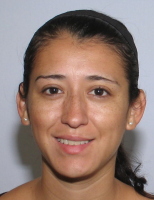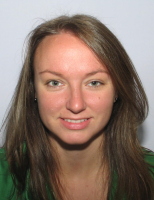 1. Researchers’ names: Doctoral student Rebecca Frantz (rfrantz@uoregon.edu)
1. Researchers’ names: Doctoral student Rebecca Frantz (rfrantz@uoregon.edu)
2. Study Title: Coaching Paraprofessionals to Teach Social Communication During Play in the Preschool Classroom
3. Phase of study: The research plan has been submitted to the IRB as of October 2016.
4. Population or age group: Teaching Assistants from the Early Education Program in Lane County and children (ages 3-5) with developmental disabilities (and delayed social communication skills) in EEP classrooms.
5. Summary: In this study, paraprofessionals will be coached to implement a naturalistic behavioral intervention targeting social communication skills during center-based play in the preschool classroom. A single-case, multiple baseline design across four dyads (teaching assistant/child) will be used to address the following research questions:
1.Can teaching assistants be taught to effectively implement naturalistic behavioral teaching strategies with two children with fidelity?
2.Is there a functional relation between teaching assistants’ use of naturalistic behavioral teaching strategies and increases in child social communication skills? 3.Do teaching assistants’ use of naturalistic behavioral teaching strategies generalize across children and social communication goals?
6. Opportunity for Participation: She will need help with child assessments using the VBMAPP following consent of participants and prior to baseline data collection. She will also need help with in vivo data collection in the classroom (i.e. teacher fidelity, child social communication skills). Data collection will occur during 20 minute observations in the preschool classroom. Recruitment will begin during Fall term and baseline data collection will begin during Winter term. Training for data collection will occur in December based on data collector’s availability.











